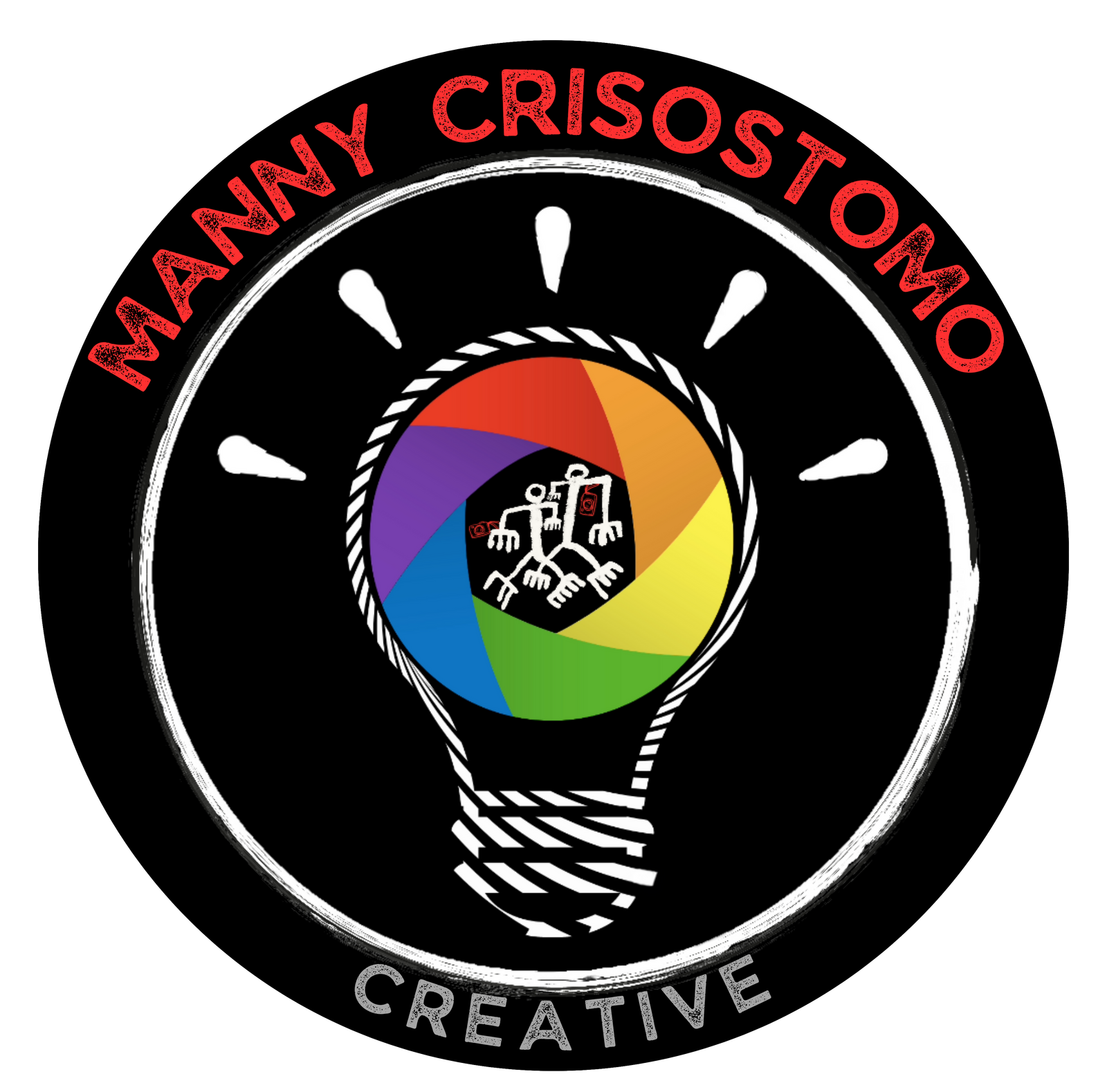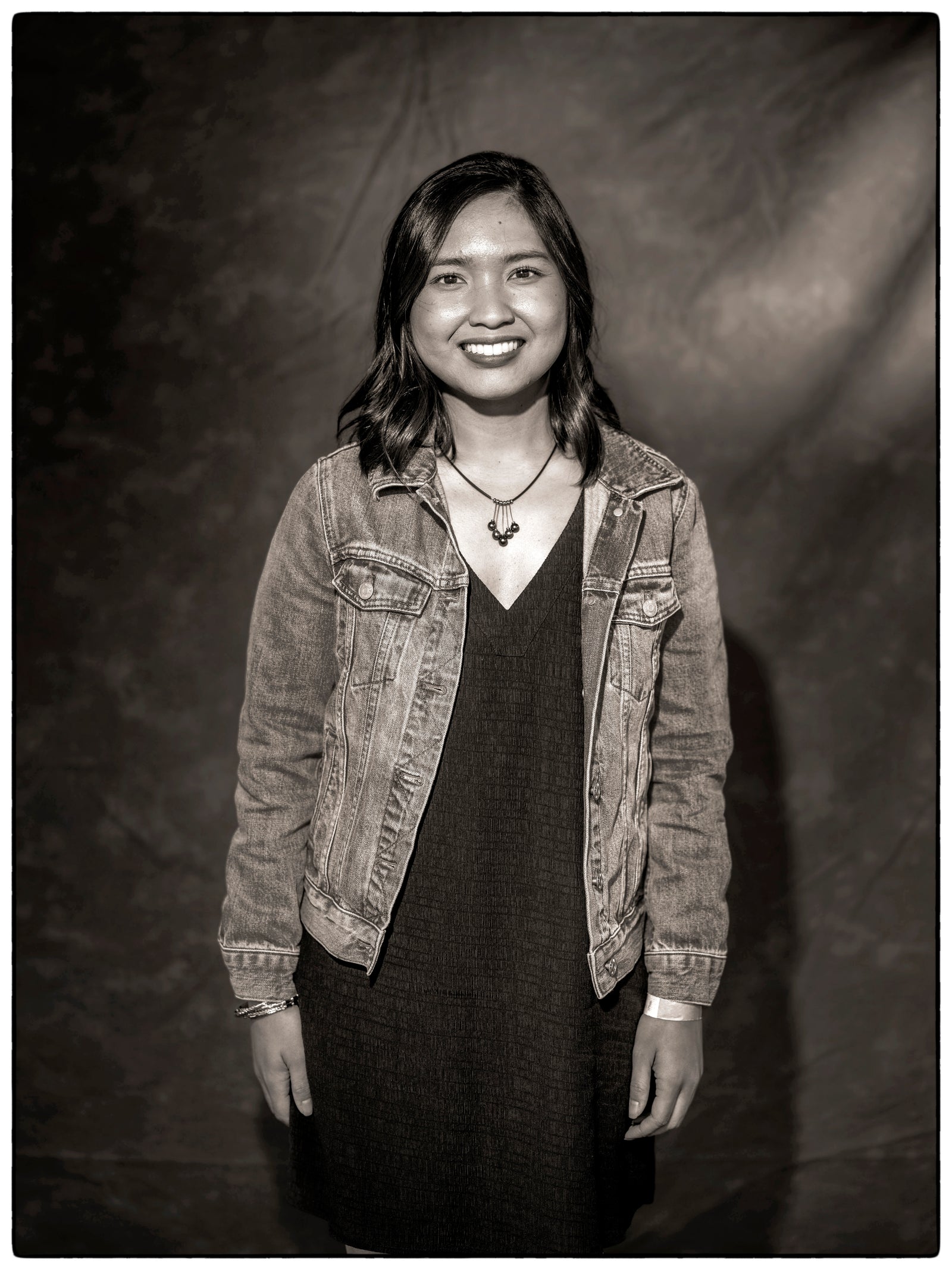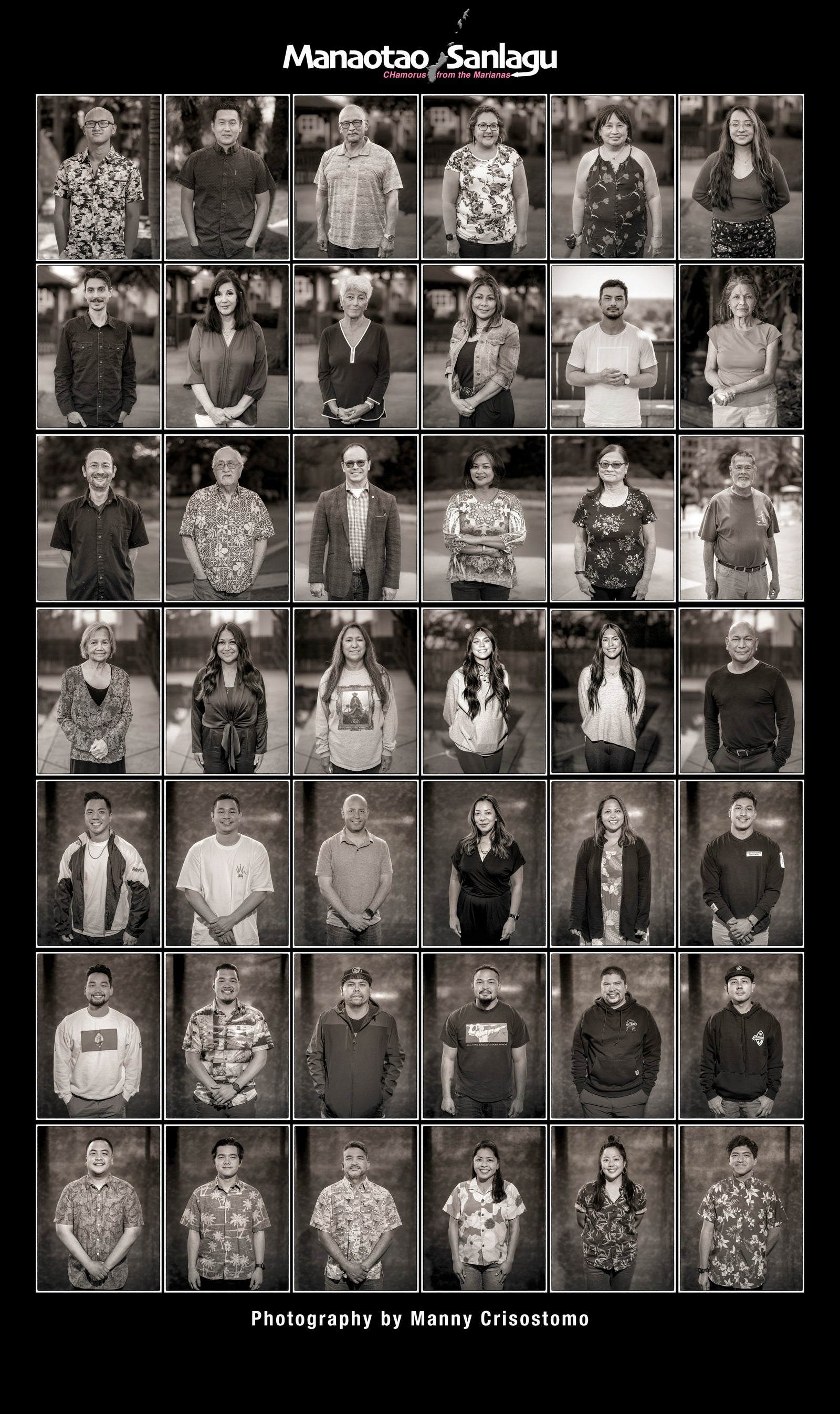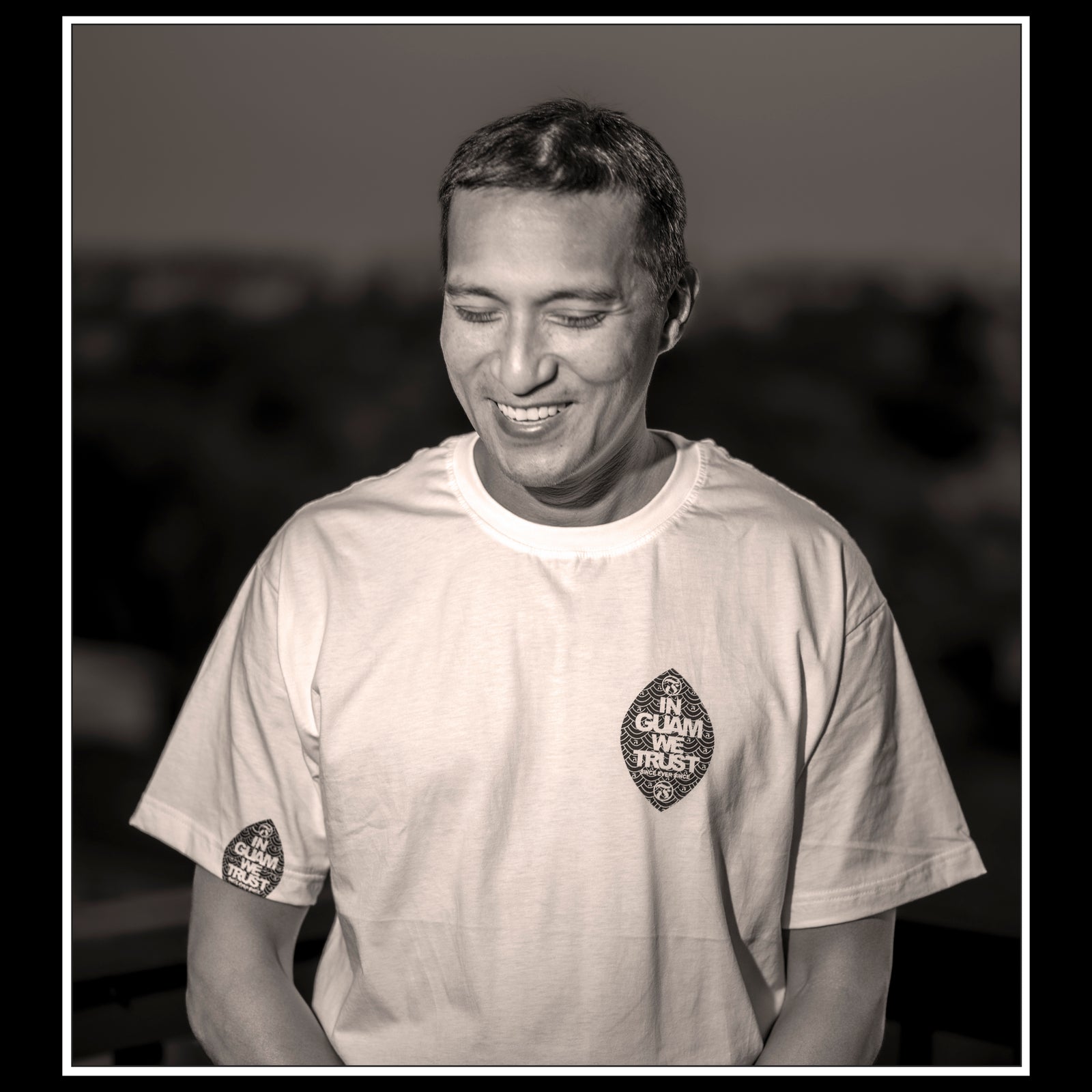By Manny Crisostomo
Sacramento area marketing professional Camille Saussotte’s recollections of Guam, family and culture are tempered with insights that only come with time and distance and are so compelling — hence the question-and-answer format rather than the usual narrative we have been doing for this documentary.
The 48-year-old former Nimitz Hills resident is the second oldest of four born to Lynn Marie Flores of Nimitz Hill and Alfred Saussotte of Palo Alto, California.
She has French, Italian and CHamoru lineage and has visited the countries of her father’s European roots.
“I have been to those places. But they don’t give the same kind of echo as when you go to Guam,” she said.

Manny Crisostomo: Tell me about the Guam side.
Camille Saussotte: I still remember hearing those stories of who you are. Your great-grandfather (Joseph Flores) was from Guam and he was a governor and you know, you’re a Flores, and I remember as a kid just sort of hearing this and going OK, that’s really neat.
MC: So when did you move to Guam?
CS: When I was 13. I was very sad to move to Guam because 13 is a very dramatic age for a girl and I remember going there and being in Tumon and writing HELP in the sand. And just, you know, thinking I’m never going to make any new friends, and then I made friends really really quickly. My very first friend was Crena Byerly.

MC: What was Guam like then?
CS: I was very conscious of being white but also brown skinned. And then when I got to Guam, it was like, your family is the Flores family, a “Davy Crockett family,” from down south, and they raised chickens. And these are all your extended cousins saying, “You are Flores, you’re one of us, you’re part of us.”
I was enveloped, I was hugged by Guam as soon as I got there. Like, you are home, you don’t need to to feel like you’re an outsider. And it was really wonderful, people adopted me there and loved me and made a really big impact on me. (she pauses and wipes tears).
It was so amazing to me. I almost felt unworthy. People take you in and feed you and ask you how you are and feed you again and feed you when you’re not hungry. (she laughs)
Teach you manners, teach you how to respect people, and not to talk over people who are older than you, and to listen to them.
In high school at St. John’s, they had a music program where you would learn to play hand bells. It was so goofy and we would go and play for manamko’s at the senior citizens centers. Such a beautiful culture.

MC: Your recollection is pretty amazing. Is it because of the impact or because you’re getting older and more reflective?
CS: It’s the impact for sure. This is stuff I’ve always come to in my head. I revisit my head many many times. Certain memories from Guam like that just stayed with me. I’ve never forgotten. I’ll never forget. I hope I never forget.
MC: Getting to know your family and background info gives me, as we’re talking, a sense of your work ethic, your moral compass, and your drive and ambition.
CS: From my great-grandpa, (this) has been passed down to me: You work really hard. You work very hard, you work as hard as you can. And I see that trait exhibited in all of my family, on my Flores side.
My mom is 75 and still owns her wholesale plant nursery where she rents tropical businesses or tropical plants out to businesses and she’s still working.
It’s a very physical job and it requires a lot of energy and (I ask,) “Mom, don’t you want to stop?” “No, I owe it to my clients.”
It’s just that mentality of taking care of the client. And I see it in myself. I love to do my best. There is nothing more satisfying than leaving it all on the table.
It’s the best feeling. I mean, my Uncle Phil (Flores) was like, “it’s your responsibility to do your very best” — that definitely came from my Flores side.

MC: Trying to get a timeline where you went off to college and went back home summers, but then you’ve been here 20 years.
CS: I left in 1992 to go to college at the University of San Diego. Went home summers every year. And then I moved to San Francisco after college. And I worked on a magazine in advertising sales, but I wanted to be going back to being the writer and editor.
MC: Did you work for any of the family businesses going home in the summers?
CS: Yes, I worked at BankPacific in those days it was Guam (Savings and Loan) and I also worked at Inn on the Bay. Entry-level jobs, teller-in-training and front office reception. I had a job with Foremost Milk and one time I had to wear a cow costume with the lei and pass out samples. I was just looking for extra little odd jobs just to make a little extra money.

MC: You’re an English literature major with aspirations of being a magazine editor?
CS: I wanted to be a writer or magazine editor or an English teacher. By accident, really, I ended up in sales. My first job out of college was TV Guide and at the time, it was the highest circulation weekly magazine in the country.
And so it seems fun, and, you know, entertainment-related, kind of cool. And a sales job became open about nine months after I started there.
And I thought, hey, this could be a good way to make a little bit more money, and I ended up getting it. And then I stayed in sales for a really long time. I worked for Smithsonian Magazine.
And then I got a job in TV advertising. And now I’m in marketing for the largest manufacturer and producer of dried fruit in the world. And that’s pretty cool. I like that job a lot.
MC: What’s the name of the company?
CS: Sunsweet Growers in Yuba City. I’m a product marketing manager for their dried fruit products.
MC: You love doing the marketing stuff?
CS: I love it. I love the psychology behind it. I love thinking about what people see and what prompts people to make decisions, to act on it, to buy something or not buy something, I really love the psychology behind it.
And so the company is over 100 years old, owned by growers, actual plum and tree fruit growers. It’s a wholesome product that’s good for you.
More satisfying, to work for something that you can really support and believe in instead of just trying to sell stuff.
I really felt like after 16 years of being in media sales that it had just become so transactional, and my heart wasn’t in it and anymore, and things in the world just seem so much more serious, and that I could be doing something else with the time that I have left in my life that I liked more.
And now I’m working on learning about food manufacturing. It’s so motivating to learn something new all the time. I love that.

MC: Let me backtrack for a second. When you were in college, did you ever feel like you couldn’t fail and go back to Guam with your proverbial tail between your legs?
CS: It was stressful. Like if I didn’t, if I wasn’t successful, then you know, I would feel bad coming home and not making my mom proud or my uncle proud. I want my family to be proud of what I have done with my life. Now that I have a little bit of time behind me, I see that people just don’t think about you all that much. (she laughs) To like, put that much importance on what you have or haven’t done.
MC: So what’s keeping you here? Are you interested in opportunities back on Guam?
CS: Every time I go home, I think about moving there, you know, I think everybody does. So wouldn’t it be nice to move back there and be back there again, and this is home, and then I start talking about job opportunities there and it doesn’t sound like there are.
I wouldn’t want to move back to Guam and be like, I am here, somebody give me a job, I would want to go back there and say, what can I bring to Guam to help? And I just haven’t thought of what that would be.
MC: What are you the most mahålang for?
CS: I think just the way that people treat one another there. I think sometimes you move away and you romanticize things, but what I remember is just that people were really considerate of each other and the consideration people gave each other and how that touches every part of life there. That’s what I remember.
And then of course I just missed the natural beauty of it. And it’s hard to talk about without feeling upset. Because I really am, really mahålang, I’m really really homesick.

MC: Why does it upset you?
CS: I don’t know, I don’t like to feel my feelings. (she laughs) I’d rather just be happy and carry on all the time. Like I have never experienced friendships the way that I had there.
I’ve looked for a Crena everywhere but I’ve never found one. I’ve never experienced the way that people treat each other with care. I missed that.
And the way the air smells, like ... it’s humid and soft. And even when you drive through certain parts of the island, like the White Lady bridge, and that ultra organic, borderline rotting smell of the jungle. Oh, I missed that so much. The way Guam smells. Yeah. It’s indescribably special.







